-
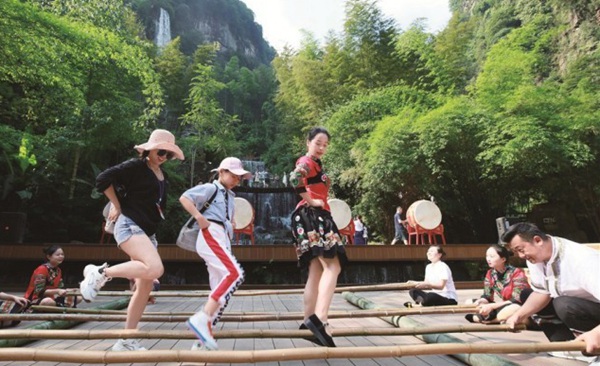
Zhangjiajie Wulingyuan Scenic Area. Since the busy summer tourist season came, the number of tourists coming to Zhangjiajie for summer vacation has increased. The scenic spot has staged colorful folk culture performances such as waving dance, Miao drums, and folk songs for tourists.
2019-08-10 15:28
View:2605
-
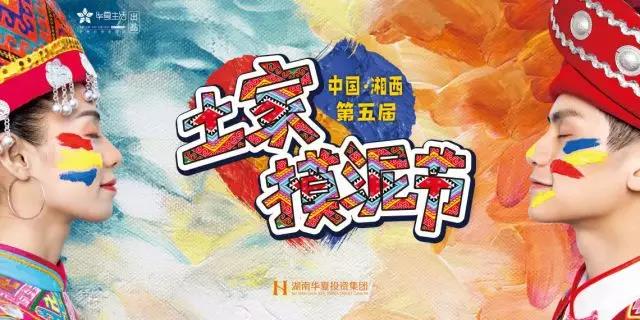
Zhangjiajie Moni Festival is originated from Tujia’s time-honored traditional customs. Tujia young men and women express their love by smearing mud on their faces and bodies. It has been held for 5 sessions since 2015. It has a far-reaching influence on inheriting national cultural heritage, carrying forward national spirit, enriching people’s cultural life, creating rural tourism brands, boosting targeted poverty alleviation, and achieving rural vitalization.
2018-06-22 12:52
View:4517
-
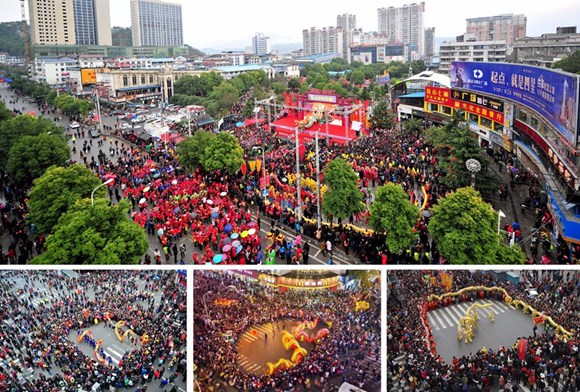
June 9, 2018 is China's "Cultural and natural heritage" Day,In order to publicize and demonstrate the results of cultural heritage protection, the public will learn more about the cultural heritage of Zhangjiajie. With the approval of the municipal government, a series of series of cultural heritage exhibition activities will be held in Zhangjiajie.You will know about Zhangjiajie's cultural heritage as follow.
2017-06-07 12:47
View:5060
-
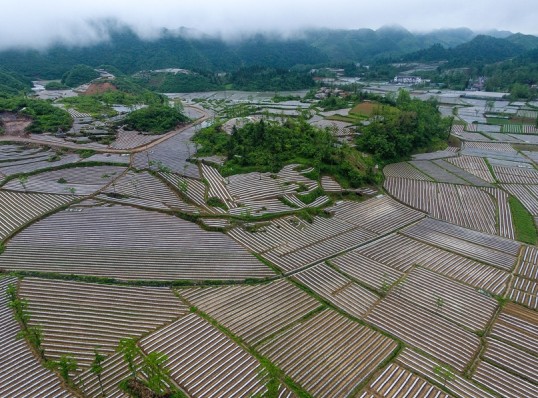
Introduction of “Summer Begins”:“Summer Begins” comes on May 5 or May 6 every year. When the sun reaches the celestial longitude of 45 degrees, it’s the beginning of the summer season. Usually people consider this period as the time when crops’ growth enters into the peak season.
2017-05-06 08:46
View:4699
-
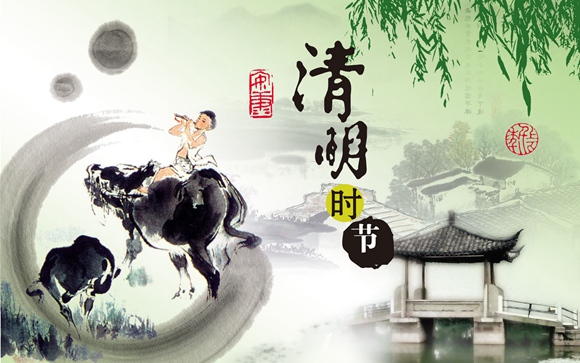
Qingming Festival is one of the 24 seasonal division points in China, falling on April 4-6 each year. After the festival, the temperature will rise up and rainfall increases. It is the high time for spring plowing and sowing. But the Qingming Festival is not only a seasonal point to guide farm work, it is more a festival of commemoration.
2017-04-05 21:35
View:4090
-
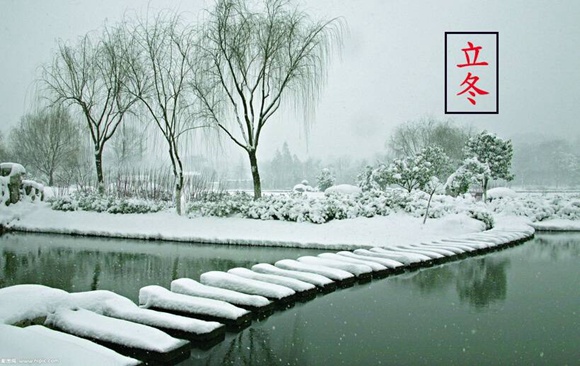
The Beginning of Winter is the time when winter officially arrives. When vegetation withered away, the weather becomes colder. Everything in the natural world falls into this cycle. In ancient agricultural society, the beginning of winter, spring, summer and autumn are called the “Four Beginnings.” They are all important days. For our ancestors, the beginning of winter is not just the start of a cold season but also a time to rest, a time when living things witness a period of dormancy and self-renewal.
2016-11-11 11:01
View:4476
-
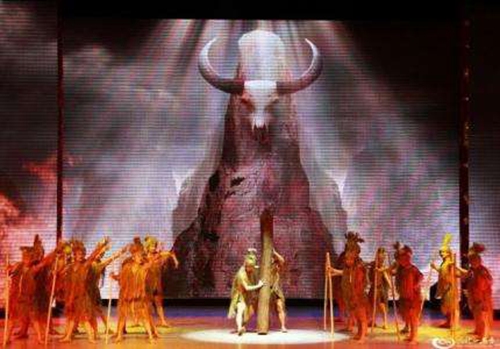
As the saying goes: “Different wind in ten-li, different custom in hundred-li.” “Asking taboo, asking custom into countryside.” Every nation and even every family and every profession, has its own different taboo content, it can not only reflect a full of Platonic superstitious cultural mentality, but also infiltrate the times scientific connotation, and reflect the developing trend of the nations constantly marching towards progress and amalgamation.
2017-01-19 16:22
View:4067
-
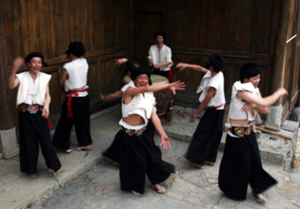
Jumping funeral dance is also called as “Jumping funeral drum” and called "Saerhe" in Tujia language, it is an ancient funeral ritual dance of Tujia Minority people of Ba people’s descendants, with strong local color. It is mainly popular in Tujia Minority area of Qingjiang River basin, and corresponding to the popular region of Shaking Hand Dance, so called “Shaking Hand at south Jumping funeral dance at north”.
2017-04-10 16:21
View:4671
-
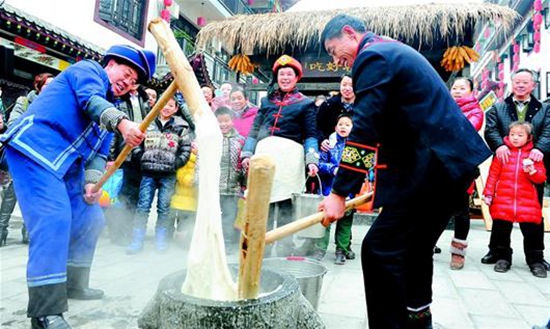
Tujia people spend the New Year of three times, namely spend “Having Caught Up With Year” on 29 (or 28) Lunar December, spend “June Year” on 25 Lunar June, spend “October Year” on 1 Lunar October. When spending “Having Caught Up With Year”, kindle the bonfire at village barnyard, Tujia people dance the Shaking Hand Dance and sing the New Year song around the bonfire.
2016-12-30 16:20
View:4183
-
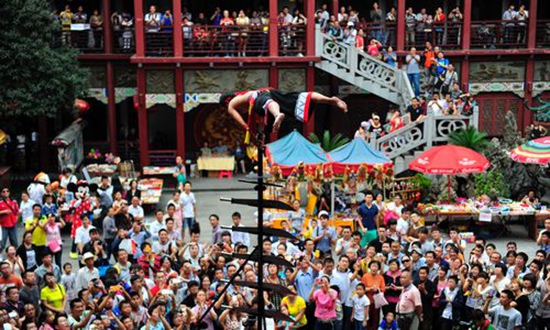
Recorded in “Juan Family Genealogy”: Dayong Tujia Minority and Bai Minority, “Believing the wizard to exceed the God Willing, bugling the ox horn to exceed the battle drum, there are much more laughter persons, but there are a few of persons to have the knowledge. Thus, Cili records is said that: not know the years outside Maohuajie.”
2017-01-04 16:19
View:3955















